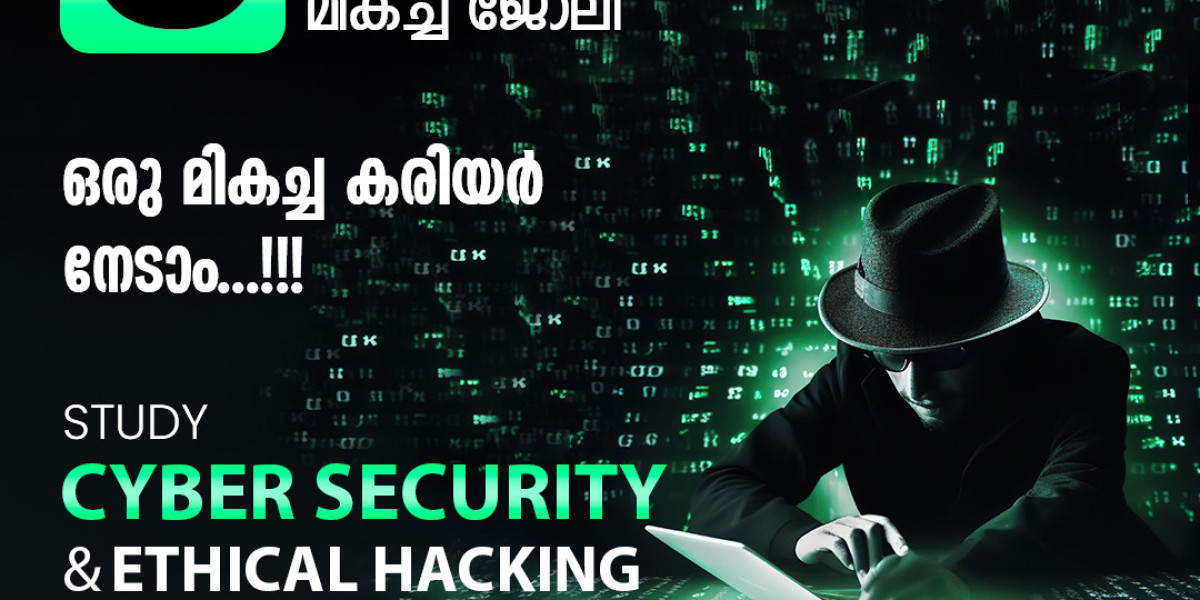In the digital age, the term "hacking" carries a myriad of connotations. Often associated with clandestine activities and cybersecurity breaches, hacking has long been portrayed as a dark art practiced by rogue individuals in the shadows of the internet. However, in recent years, hacking has undergone a transformation, emerging as a legitimate and sought-after profession. This shift has given rise to the concept of ethical hacking, a practice that aims to safeguard digital systems and networks from malicious attacks. In this blog, we will delve into the evolution of hacking, explore its transition into a viable career option, and examine the role of ethical hacking in today's cybersecurity landscape.
Is Hacking a Job?
Yes, hacking can indeed be a legitimate profession, provided it's conducted within legal and ethical boundaries. Ethical hackers play a crucial role in enhancing cybersecurity by proactively identifying vulnerabilities and recommending remedial measures. As cyber threats continue to evolve in sophistication, the need for skilled professionals adept at safeguarding digital assets becomes more pronounced.
The Genesis of Hacking: From Pranks to Cyber Threats
Hacking, in its earliest forms, can be traced back to the 1950s and 1960s, when computer enthusiasts at MIT and other research institutions engaged in playful and exploratory activities to push the boundaries of early computer systems. These activities, often referred to as "hacks," were harmless pranks or experiments aimed at demonstrating technical prowess rather than causing harm.
However, as computing technology advanced and became more ubiquitous, the motivations behind hacking evolved. The 1980s and 1990s saw the emergence of malicious hackers, often referred to as "black hat" hackers, who sought to exploit vulnerabilities in computer systems for personal gain, espionage, or simply for the thrill of wreaking havoc. High-profile incidents such as the Morris Worm of 1988 and the hacking of major corporations highlighted the potential dangers posed by malicious hacking activities.
The Rise of Ethical Hacking
Amid growing concerns about cybersecurity threats, a new breed of hackers emerged: ethical hackers. Unlike their black hat counterparts, ethical hackers use their skills and knowledge to identify and address vulnerabilities in digital systems before malicious actors can exploit them. This proactive approach to cybersecurity has gained traction in both the public and private sectors, leading to the recognition of ethical hacking as a legitimate profession.
Ethical hacking, also known as penetration testing or white hat hacking, involves simulating cyber attacks on a company's networks, applications, and infrastructure to uncover weaknesses and vulnerabilities. By identifying these weaknesses before they can be exploited by malicious actors, ethical hackers help organizations strengthen their defenses and protect sensitive data from breaches.
The Path to Becoming an Ethical Hacker
Becoming an ethical hacker requires a combination of technical skills, ethical principles, and a deep understanding of cybersecurity concepts. While there is no single path to becoming an ethical hacker, many professionals in the field possess backgrounds in computer science, information technology, or cybersecurity. Additionally, obtaining industry-recognized certifications such as Certified Ethical Hacker (CEH) or Offensive Security Certified Professional (OSCP) can help aspiring ethical hackers demonstrate their expertise and credibility to potential employers.
Ethical hackers must also adhere to a strict code of ethics, which dictates that they must obtain proper authorization before conducting penetration tests, respect the confidentiality of sensitive information, and use their skills for the public good. By upholding these ethical principles, ethical hackers distinguish themselves from malicious hackers and contribute to the greater good of cybersecurity.
The Role of Ethical Hacking in Cybersecurity
In today's digital landscape, where cyber threats are constantly evolving and becoming increasingly sophisticated, the role of ethical hacking in cybersecurity cannot be overstated. Ethical hackers play a crucial role in helping organizations identify and mitigate security risks, safeguarding critical infrastructure, and protecting sensitive data from cyber attacks.
Moreover, ethical hacking is not limited to the private sector. Governments, military organizations, and law enforcement agencies also employ ethical hackers to test the security of their systems and networks and bolster national security defenses. By working hand-in-hand with cybersecurity professionals, ethical hackers contribute to a safer and more secure online environment for individuals, businesses, and governments alike.
Conclusion:
In conclusion, hacking encompasses both illicit activities and legitimate professions. Ethical hacking, in particular, has emerged as a crucial component of cybersecurity strategy, offering organizations a proactive approach to fortifying their defenses. Aspiring ethical hackers can pursue training and certification programs, such as an Ethical Hacking Course in Kerala, to acquire the requisite skills and knowledge to thrive in this dynamic field.
By leveraging their expertise to uncover vulnerabilities and shore up defenses, ethical hackers contribute to a safer and more secure digital ecosystem, making hacking not just a job, but a vital service in safeguarding our increasingly digitized world.








